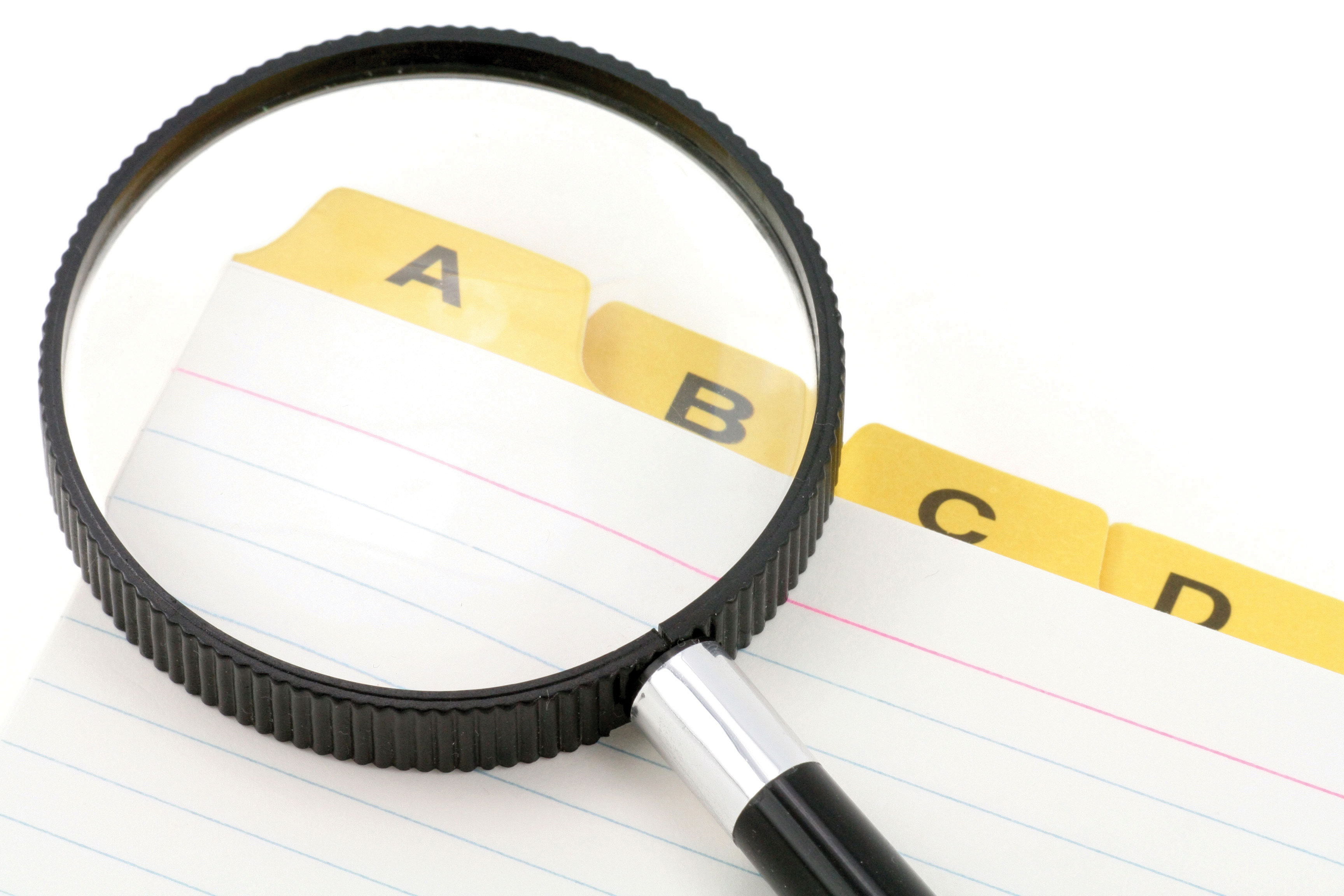This is “Analyzing a Conclusion”, section 11.3 from the book Public Speaking: Practice and Ethics (v. 1.0). For details on it (including licensing), click here.
For more information on the source of this book, or why it is available for free, please see the project's home page. You can browse or download additional books there. To download a .zip file containing this book to use offline, simply click here.
11.3 Analyzing a Conclusion
Learning Objectives
- See what a full conclusion section looks like.
- Distinguish among the three parts of a conclusion.

© Thinkstock
So far this chapter has focused on how to go about creating a clear conclusion. We discussed why conclusions are important, the three steps of effective conclusions, and ten different ways to conclude a speech. In this section, we’re going to examine an actual conclusion to a speech. Please read the sample conclusion paragraph for the smart dust speech.
Sample Conclusion: Smart Dust
Today, we’ve explored how smart dust may impact all of our lives in the near future by examining what smart dust is, how smart dust could be utilized by the US military, and how smart dust could impact all of our lives sooner rather than later. While smart dust is quickly transforming from science fiction to science fact, experts agree that the full potential of smart dust will probably not occur until 2025. While smart dust is definitely coming, swarms of smart dust eating people as was depicted in Michael Crichton’s 2002 novel, Prey, aren’t reality. However, as with any technological advance, there are definite ethical considerations and worries to consider. Even Dr. Kris Pister’s Smart Dust Project website admits that as smart dust becomes more readily available, one of the trade-offs will be privacy. Pister responds to these critiques by saying, “As an engineer, or a scientist, or a hair stylist, everyone needs to evaluate what they do in terms of its positive and negative effect. If I thought that the negatives of working on this project were larger than or even comparable to the positives, I wouldn’t be working on it. As it turns out, I think that the potential benefits of this technology far outweigh the risks to personal privacy.”
Now that you’ve had a chance to read the conclusion to the speech on smart dust, read it a second time and try to find the three parts of an introduction as discussed earlier in this chapter. Once you’re finished analyzing this conclusion, take a look at Table 11.2 "Smart Dust Conclusion", which shows you how the speech was broken down into the various parts of a conclusion.
Table 11.2 Smart Dust Conclusion
| Parts of a Conclusion | Analysis |
|---|---|
| Today we’ve explored how smart dust may impact all of our lives in the near future by | Restate Thesis |
| The first part of the conclusion is a restatement of the thesis statement. | |
| examining what smart dust is, how smart dust could be utilized by the US military, and how smart dust could impact all of our lives in the near future. | Review Main Points |
| Following the thesis statement, the speech briefly reiterates the three main points discussed in the speech. | |
| While smart dust is quickly transferring from science fiction to science fact, experts agree that the full potential of smart dust will probably not occur until 2025. While smart dust is definitely in our near future, swarms of smart dust eating people as was depicted in Michael Crichton’s 2002 novel, Prey, isn’t reality. However, as with any technological advance, there are definite ethical considerations and worries to consider. Even Dr. Kris Pister’s Smart Dust Project website admits that as smart dust becomes more readily available, one of the trade-offs will be privacy. Pister responds to these critiques by saying, “As an engineer, or a scientist, or a hair stylist, everyone needs to evaluate what they do in terms of its positive and negative effect. If I thought that the negatives of working on this project were larger than or even comparable to the positives, I wouldn’t be working on it. As it turns out, I think that the potential benefits of this technology far outweigh the risks to personal privacy.” | Concluding Device |
| In this concluding device, we see not only a referral to the attention getter (Michael Crichton’s book Prey), we also see a visualizing of some future oriented factors people need to consider related to smart dust, which is then followed by a direct quotation. | |
| Notice that in an informative speech this type of conclusion is appropriate because we are trying to inform people about smart dust, but would you want to end a persuasive speech in this fashion? Definitely not! | |
| However, you could create an entire persuasive speech advocating for smart dust (its many applications are more important than the loss of privacy) or against smart dust (privacy is more important than its many applications). |
Your Turn
Now that you have seen the above analysis of a speech conclusion, we encourage you to do a similar analysis of the conclusions of other speeches. Listen to a speech in your class or online. Does it end with a restatement of the thesis, a review of the main points, and a concluding device? Can you suggest ways to improve the conclusion?
Here is another exercise to try. Consider the specific purpose and three main points of a hypothetical speech. Based on those components, develop a conclusion for that speech.




